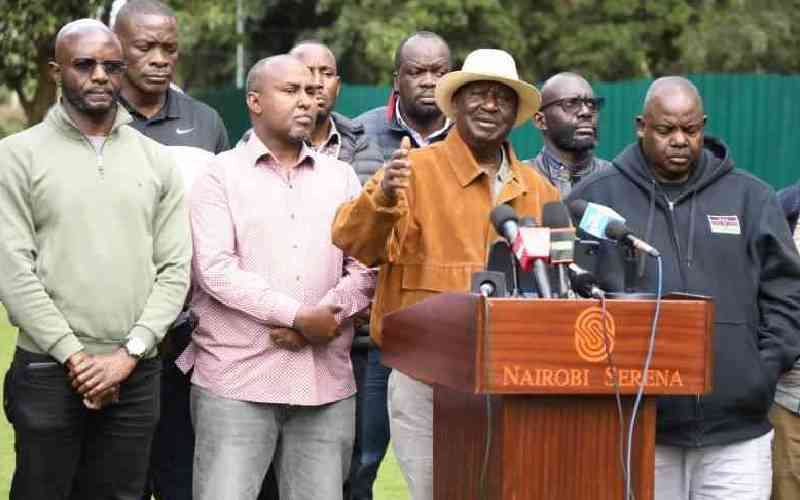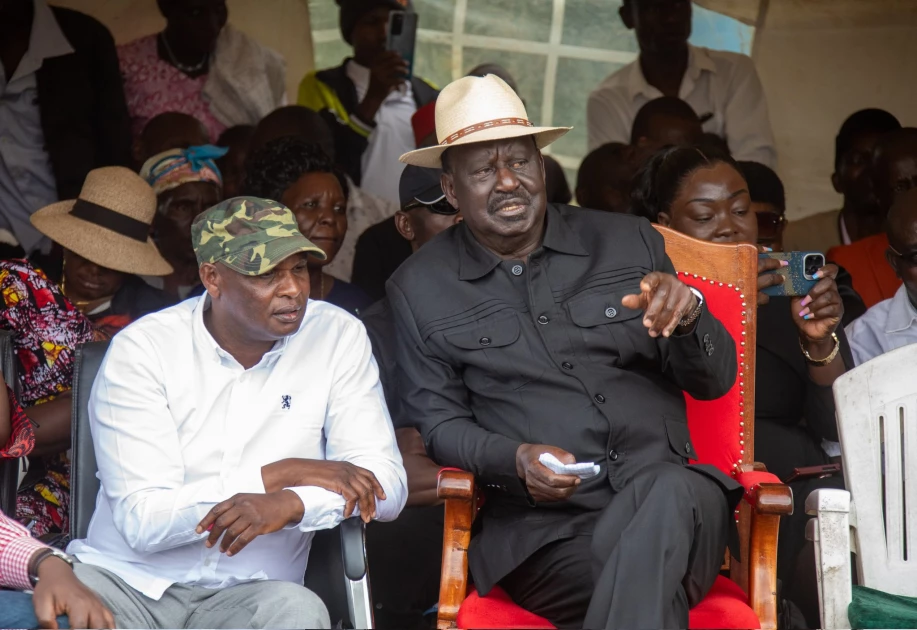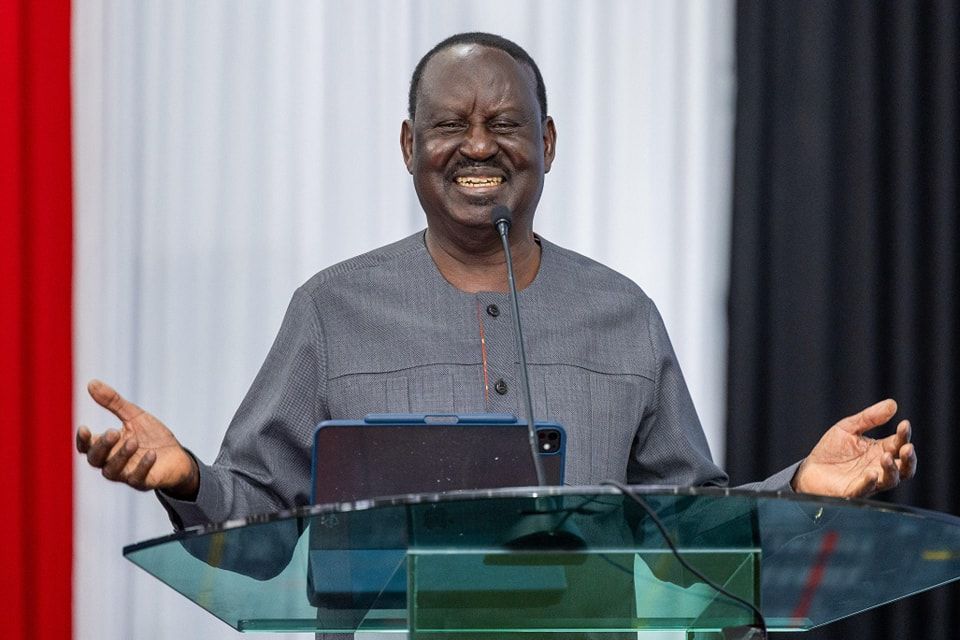Saba Saba at 35: A response to a comrade

[Boniface Okendo, Standard]
Fellow Kenyans,
I have read with keen interest the statement issued on Monday by my comrade of the struggle, Rt. Hon. Raila Odinga, reflecting on the thirty-fifth anniversary of Saba Saba and calling for a “national intergenerational conclave.” His recollection of our shared history is largely accurate in many places and selective in others. I therefore feel obliged on behalf of the thousands who bled and still bleed for freedom, to respond candidly and place the record and our obligations beyond doubt. First, let us agree: Saba Saba was never a branding exercise. It was an act of organised defiance against lethal state violence. What defined the day was not the fame of its conveners but the courage of ordinary Kenyans who faced dogs, batons and live rounds armed only with hope. Their descendants are the Gen Z demonstrators filling our streets today. They too are being met with bullets, abductions and slander. To them, sermons about “coming together” ring hollow unless tethered to justice.
Raila is right that Section 2A fell because the Moi regime finally read the temperature of the nation. But he understates a critical fact: it fell because the regime realised that each murder, each illegal detention, was making it ungovernable. Reforms materialised only after the price of repression exceeded the benefits of autocracy. That historical lesson is vital now. Kenyans are not pleading for another conference hall; they are demanding consequences for those who maim and kill in uniform.
Second, my brother calls for “comprehensive police reforms” as though we have not already legislated them. The Constitution of 2010 birthed the Independent Policing Oversight Authority, the National Police Service Commission and a world-class Bill of Rights. What stands between us and civil policing is not the absence of dialogue; it is the presence of impunity. We do not need another conclave to know that officers who fire live ammunition at unarmed youths must face open courtrooms and eventual prison.
Third, Raila proposes that the conclusions of his proposed dialogue be taken to a referendum. Before we plunge the nation into another expensive plebiscite, let us complete the devolution, judicial reform and public-finance guarantees that Kenyans already ratified in 2010. The absence of jobs is not a constitutional gap; it is a governance failure. Young people do not eat referenda. They eat work, scholarships and functioning clinics.
Fourth, I must confront a painful silence in Raila’s statement: the fate of our comrades who languished in torture chambers with us. Many secured court orders for compensation; successive governments, including some in which Raila served, ignored those decrees. Dialogue without honouring these debts is moral bankruptcy. It tells current protesters that their sacrifice, too, will be forgotten once the elites cut their deals.
Fifth, I reject the narrative that the nation stands at a binary choice between “chaos” and “coming together.” The real choice is between justice enforced or injustice entrenched. We can have order through lawful policing and accountable leadership, or we can have the calm of fear that inevitably explodes. Dialogue becomes meaningful only when grounded in that clarity.
So what is to be done? I propose four immediate actions:
These measures require no conclave, no referendum, no plenary at a resort. They require political will and the integrity to subordinate personal ambition to the common good, precisely what Saba Saba demanded of us then and now.
Finally, to Raila: history records your courage, but it will also record your choices in the autumn of your career. You can use your influence to insist on the enforcement of existing laws or to midwife yet another elite bargain that pacifies anger without curing injustice. Choose wisely. Generations are watching, and the clock of accountability ticks for all of us.
On this anniversary, let us honour the fallen not by clapping for speeches but by completing the revolution they began: a Kenya where no mother buries a child felled by the state and no citizen waits a lifetime for the justice a court already decreed. That, Comrade, is the dialogue the country needs.
You may also like...
Diddy's Legal Troubles & Racketeering Trial

Music mogul Sean 'Diddy' Combs was acquitted of sex trafficking and racketeering charges but convicted on transportation...
Thomas Partey Faces Rape & Sexual Assault Charges

Former Arsenal midfielder Thomas Partey has been formally charged with multiple counts of rape and sexual assault by UK ...
Nigeria Universities Changes Admission Policies

JAMB has clarified its admission policies, rectifying a student's status, reiterating the necessity of its Central Admis...
Ghana's Economic Reforms & Gold Sector Initiatives

Ghana is undertaking a comprehensive economic overhaul with President John Dramani Mahama's 24-Hour Economy and Accelera...
WAFCON 2024 African Women's Football Tournament

The 2024 Women's Africa Cup of Nations opened with thrilling matches, seeing Nigeria's Super Falcons secure a dominant 3...
Emergence & Dynamics of Nigeria's ADC Coalition

A new opposition coalition, led by the African Democratic Congress (ADC), is emerging to challenge President Bola Ahmed ...
Demise of Olubadan of Ibadanland
Oba Owolabi Olakulehin, the 43rd Olubadan of Ibadanland, has died at 90, concluding a life of distinguished service in t...
Death of Nigerian Goalkeeping Legend Peter Rufai

Nigerian football mourns the death of legendary Super Eagles goalkeeper Peter Rufai, who passed away at 61. Known as 'Do...




